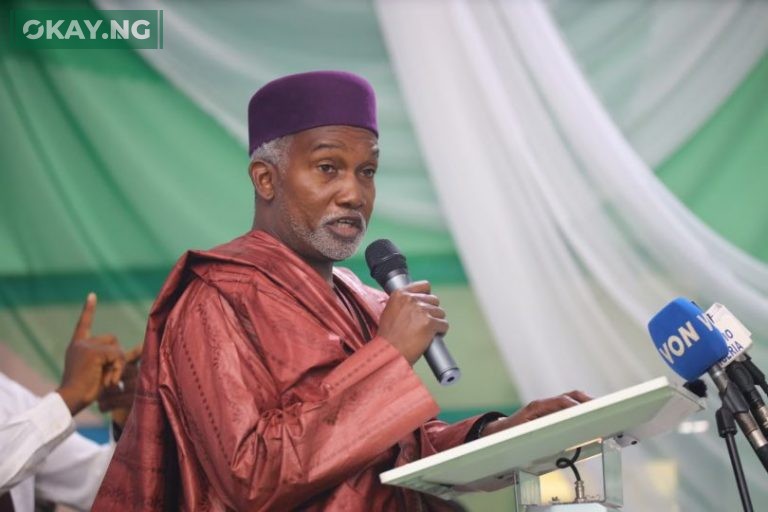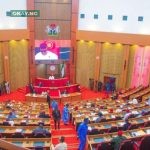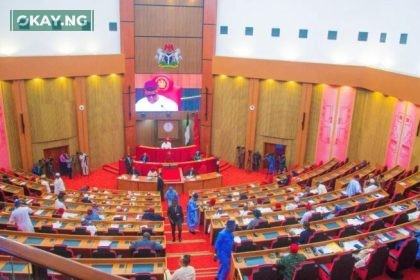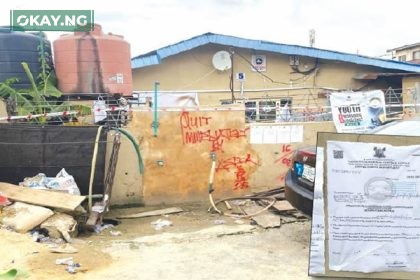The Minister of Foreign Affairs and Chairperson of the ECOWAS Mediation and Security Council, Ambassador Yusuf Tuggar, has voiced deep concerns over the United States’ recent move to impose visa restrictions on all member states of the Economic Community of West African States (ECOWAS). Speaking at the 54th Ordinary Session of the Mediation and Security Council held in Abuja on Wednesday, Ambassador Tuggar described the policy as a serious impediment to trade, diplomatic relations, and overall regional prosperity.
He cautioned that the visa limitations could derail burgeoning efforts to strengthen US-West Africa ties, especially at a time when the region is poised for enhanced economic cooperation and security partnerships. “It would be most unfortunate if it comes to pass, because we are a region of opportunities ready to do deals,” Tuggar stated emphatically. He added, “We would like to do deals with the US, but visa restrictions are non-tariff barriers to deals.”
Highlighting the economic implications, the minister underscored ECOWAS’s wealth in critical minerals, including rare earth elements like Samarium found in Bauchi State, Nigeria. “We in this part of the world are students of the Art of the Deal and have been part of the international trading system even before the modern state system,” he explained.
Ambassador Tuggar urged the US government to reconsider its approach, emphasizing that West Africa offers a strategic alternative to other global energy producers and that the potential for mutually beneficial partnerships remains vast. “The only question is with whom? Who takes up the opportunities in our region by allowing government officials and technocrats, business executives and entrepreneurs to travel freely back and forth to close the deals?” he queried.
The visa restrictions come amid President Donald Trump’s consideration of a travel ban targeting Nigeria and several other African nations. The affected countries, including Angola, Benin, Burkina Faso, Cameroon, Ghana, Nigeria, and others, have been given 60 days to meet new requirements set by the US State Department. The memo cited issues such as lack of reliable identity documents and widespread government fraud as reasons for the restrictions.












